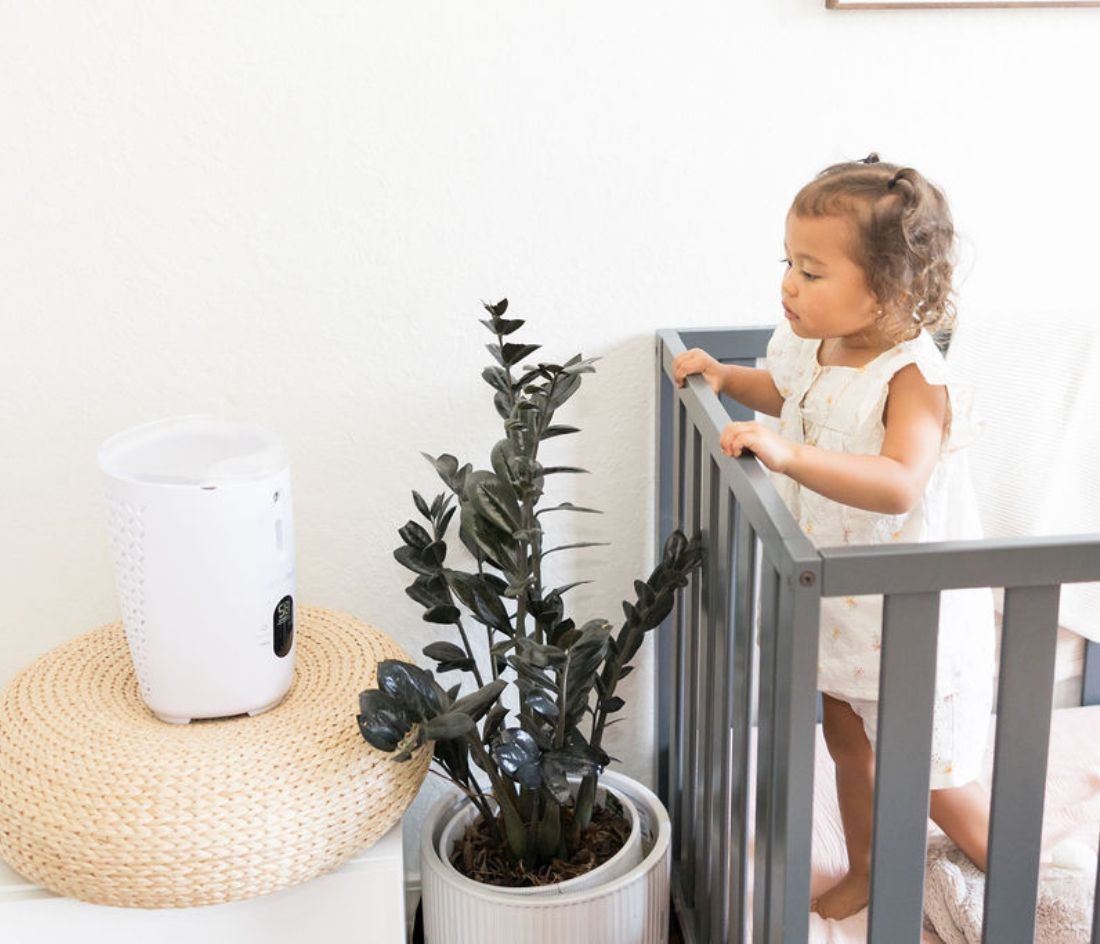October is Down Syndrome Awareness Month, a time dedicated to raising awareness and celebrating the lives of individuals with Down syndrome. Down syndrome is a genetic condition that occurs when a person is born with an extra copy of chromosome 21, leading to intellectual and developmental challenges. While it's important to spread awareness about this condition throughout the year, October provides an excellent opportunity to focus on education, advocacy, and inclusion.
5 Ways to Celebrate Down Syndrome Awareness Month

Here are five meaningful ways we are celebrating Down Syndrome Awareness Month.
1. Educate Yourself and Others
One of the most powerful ways to support individuals with Down syndrome is to educate yourself and others about the condition. Understanding the genetic, medical, and developmental aspects of Down syndrome can help dispel misconceptions and promote inclusion. Consider attending seminars, workshops, or webinars hosted by organizations dedicated to Down syndrome awareness. Share what you learn with your friends and family to create a more informed and empathetic community.
2. Advocate for Inclusive Education
Inclusive education is essential for promoting the social and intellectual development of individuals with Down syndrome. During Down Syndrome Awareness Month, advocate for inclusive classrooms and support systems. Attend school board meetings, engage with teachers and administrators, and participate in discussions about how to make education more inclusive for children and students with Down syndrome. Encourage the use of appropriate teaching methods and resources that cater to their unique learning needs.

3. Attend Local and Virtual Events
Many local organizations and communities host events and activities to celebrate Down Syndrome Awareness Month. These events often include walks, runs, and fundraisers to support Down syndrome advocacy groups and research organizations. Participating in these activities not only raises awareness but also provides an opportunity to meet individuals with Down syndrome and their families. Engaging in meaningful conversations and sharing experiences can foster understanding and empathy.
4. Promote Employment Opportunities
Securing meaningful employment is a crucial aspect of independence and self-esteem for individuals with Down syndrome. Advocate for inclusive hiring practices in your workplace and community. Encourage employers to consider the abilities and talents of individuals with Down syndrome when making hiring decisions. If you run a business or have hiring influence, consider creating internship programs or entry-level positions specifically designed to accommodate individuals with disabilities.

5. Share Personal Stories and Experiences
Personal stories have the power to humanize the experiences of individuals with Down syndrome and their families. During Down Syndrome Awareness Month, share personal stories, experiences, and challenges faced by those who are part of the Down syndrome community. Whether through social media, blog posts, or community events, storytelling can inspire empathy, support, and understanding. Encourage others to share their stories as well, creating a network of support and awareness.
Looking for more on Down syndrome? You'll enjoy thesee:
- Why is Down Syndrome Awareness Month in October?
- Mom Influencers We Love Who Are Raising Awareness For the Down Syndrome Community
- 5 Charities to Support on World Down Syndrome Day
- Everything Parents Need to Know About a Trisomy 21 (Down Syndrome) Diagnosis
- What is Down Syndrome? And How Can The NozeBot Help?
Down Syndrome Awareness Month is an opportunity to come together as a community and celebrate the lives and achievements of individuals with Down syndrome. We hope that you all celebrate and raise awareness for Down syndrome Awareness month with us! Together, we can create a more inclusive and accepting world where every individual is celebrated for their unique abilities and contributions.
The Nozebot is a battery-powered suction device designed to clear nasal congestion in babies and children.



